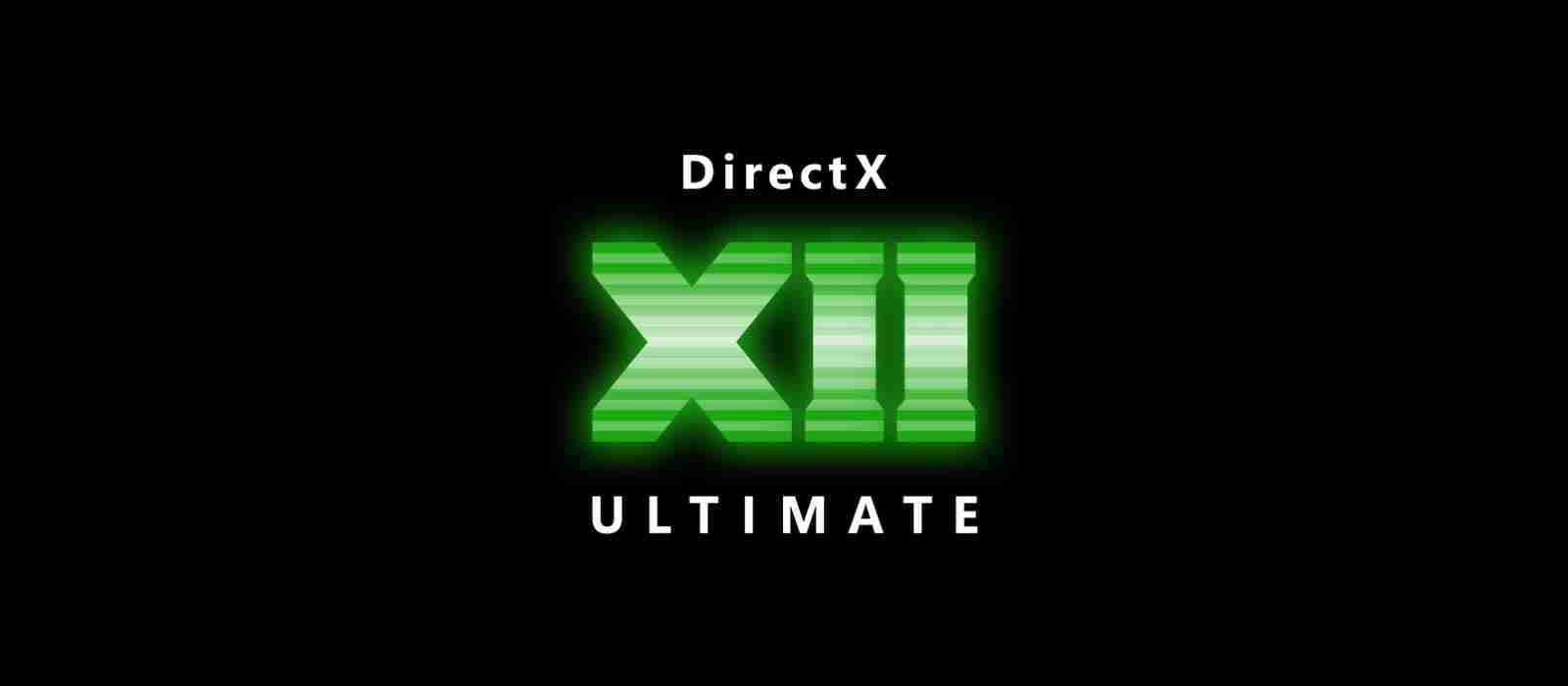KEEP IN TOUCH
Subscribe to our mailing list to get free tips on Data Protection and Cybersecurity updates weekly!







Microsoft is bringing its DirectStorage API to Windows 10 to increase PC gaming performance by greatly reducing load times.
If you have played games on a PC, then you have most likely noticed the long load times or stutter as a game loads data from your hard drive.
While NVMe storage devices have helped increase performance, the current Windows 10 storage API limits bandwidth that can be transmitted at once.
“Unfortunately, current storage APIs were not optimized for this high number of IO requests, preventing them from scaling up to these higher NVMe bandwidths creating bottlenecks that limit what games can do. Even with super-fast PC hardware and an NVMe drive, games using the existing APIs will be unable to fully saturate the IO pipeline leaving precious bandwidth on the table,” Microsoft explained in a blog post today.
Also read: Data Storage Security Standards: What Storage Professionals Need to Know
When Microsoft announced their new Xbox Series X, it outlined the technology improvements that would offer better console gaming performance.
One of these improvements is using a new DirectStorage API that can take full advantage of higher bandwidth SSD, PCIe, and NVMe storage devices.
“The DirectStorage API is architected in a way that takes all this into account and maximizes performance throughout the entire pipeline from NVMe drive all the way to the GPU.”
“It does this in several ways: by reducing per-request NVMe overhead, enabling batched many-at-a-time parallel IO requests which can be efficiently fed to the GPU, and giving games finer grain control over when they get notified of IO request completion instead of having to react to every tiny IO completion,” Microsoft explains in an announcement today.
Microsoft states that they are currently working with industry partners to finalize the API and hope to get a preview of it to game developers next year.
Microsoft will most likely make it available to Windows 10 users in Insider builds later next year.
Also read: The Importance Of DPIA And Its 3 Types Of Processing